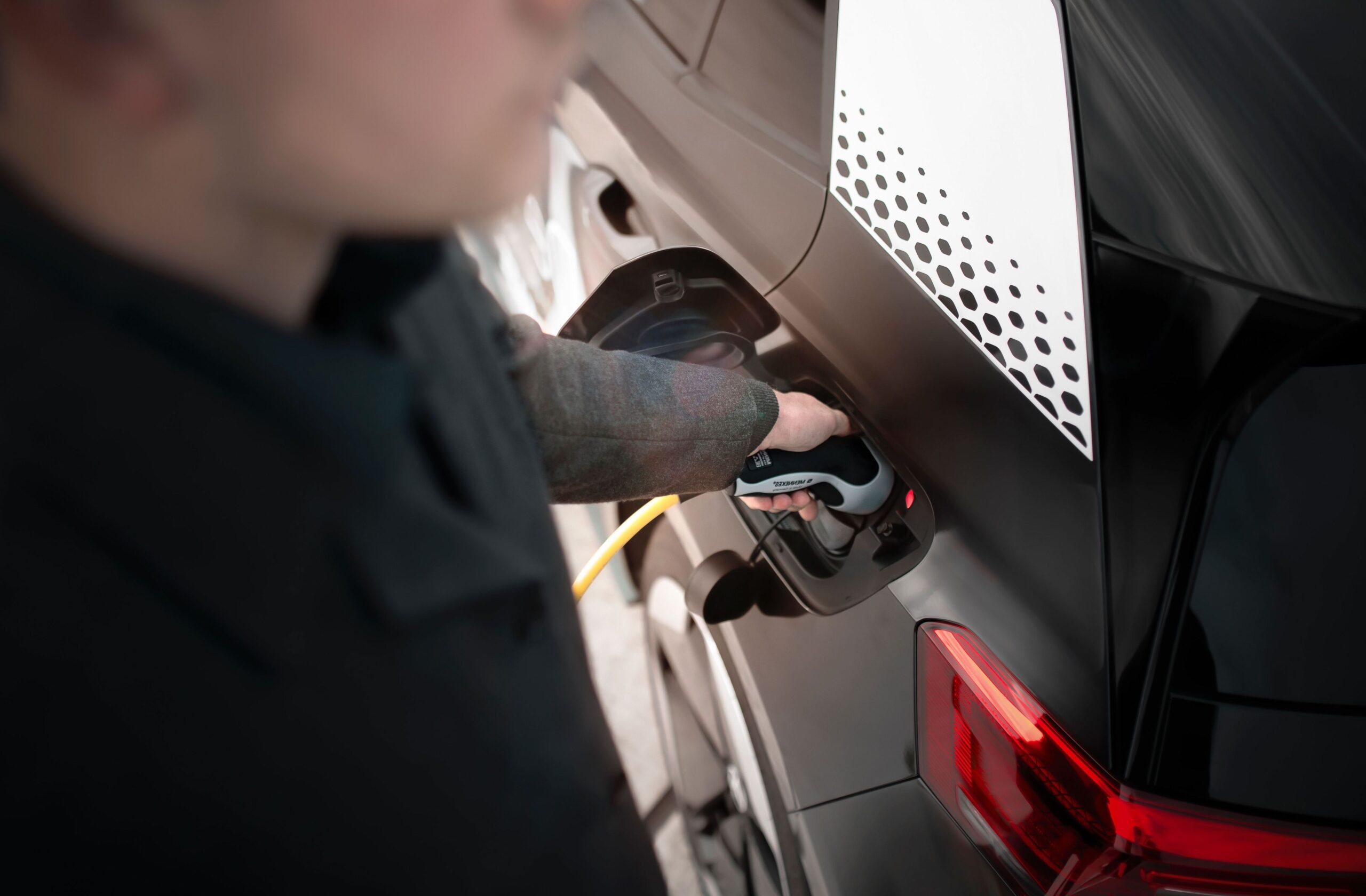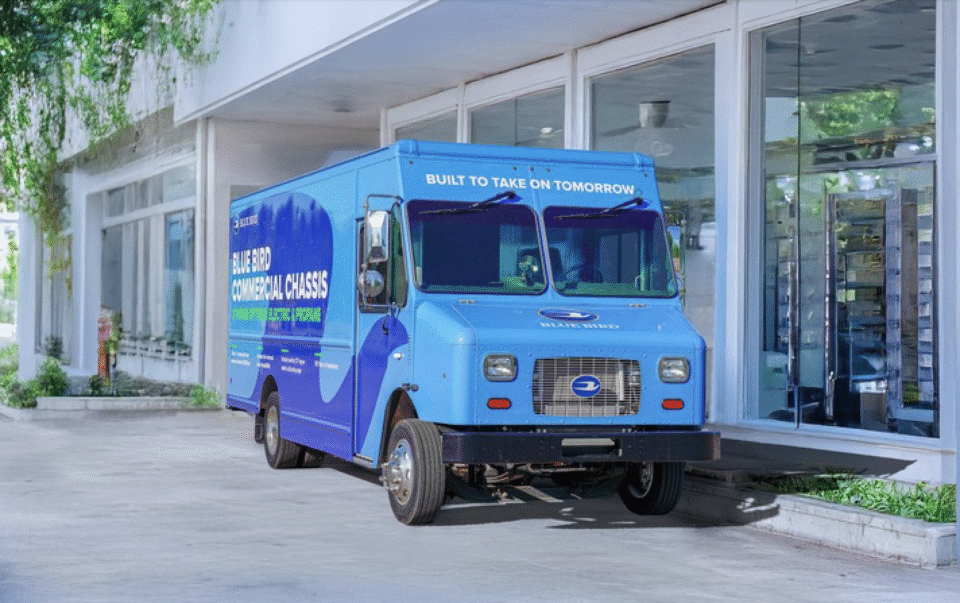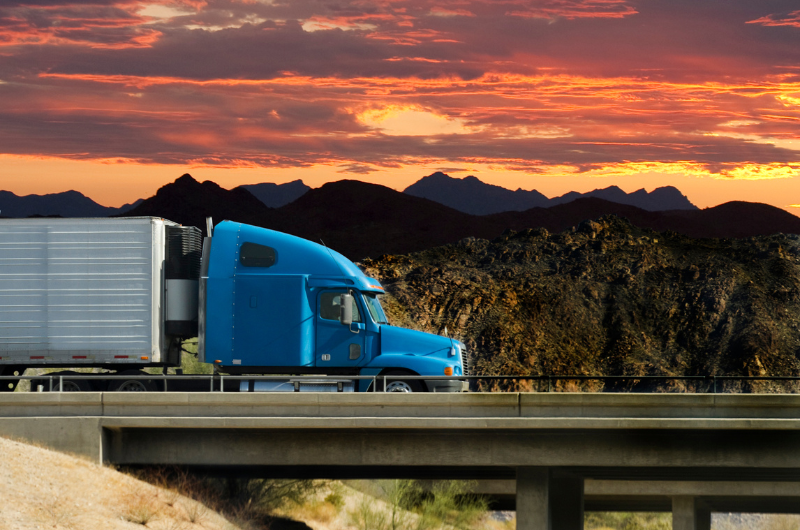Hydrogen vs. BEVs: Reaching Energy Independence

A recent panel at the American Trucking Associations Management Conference & Exhibition discussed the future of trucking and alternative fuels, specifically focusing on electric vehicles (EVs) and hydrogen fuel-cell vehicles. While EVs, especially for light and medium-duty applications, have been in the spotlight, the panel acknowledged the growing interest in hydrogen. Hydrogen fuel cells were emphasized as particularly suitable for commercial fleets in applications where traditional batteries might not be the best fit. Factors such as faster fueling times, higher payload capacities, and suitability for longer hauls were highlighted as advantages of hydrogen fuel cells, especially for long-haul and heavier-duty applications. However, the panel also noted the success of battery-electric vehicles, citing examples of 82,000-lb. applications with 450 miles of range, such as those used by Pepsi.The panel advocated for collaboration between stakeholders in the industry, including original equipment manufacturers (OEMs), fleets, utilities, and regulators. The need for a coordinated effort to build infrastructure for both energy sources and ensure demand, suitable operations, permitting support, and uniformity across utilities in the country was emphasized. The development of infrastructure and vehicles for both hydrogen and electric vehicles was presented as a pathway to energy independence. The idea is to power vehicles with the resource that is abundant in the local region, leveraging regional differences for fuel security and stability. The panel emphasized the importance of working with natural resources in each location and achieving uniformity across utilities for a successful transition to alternative fuel sources.Read more





